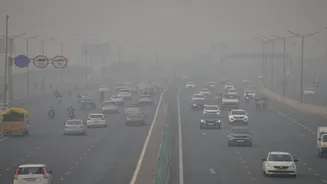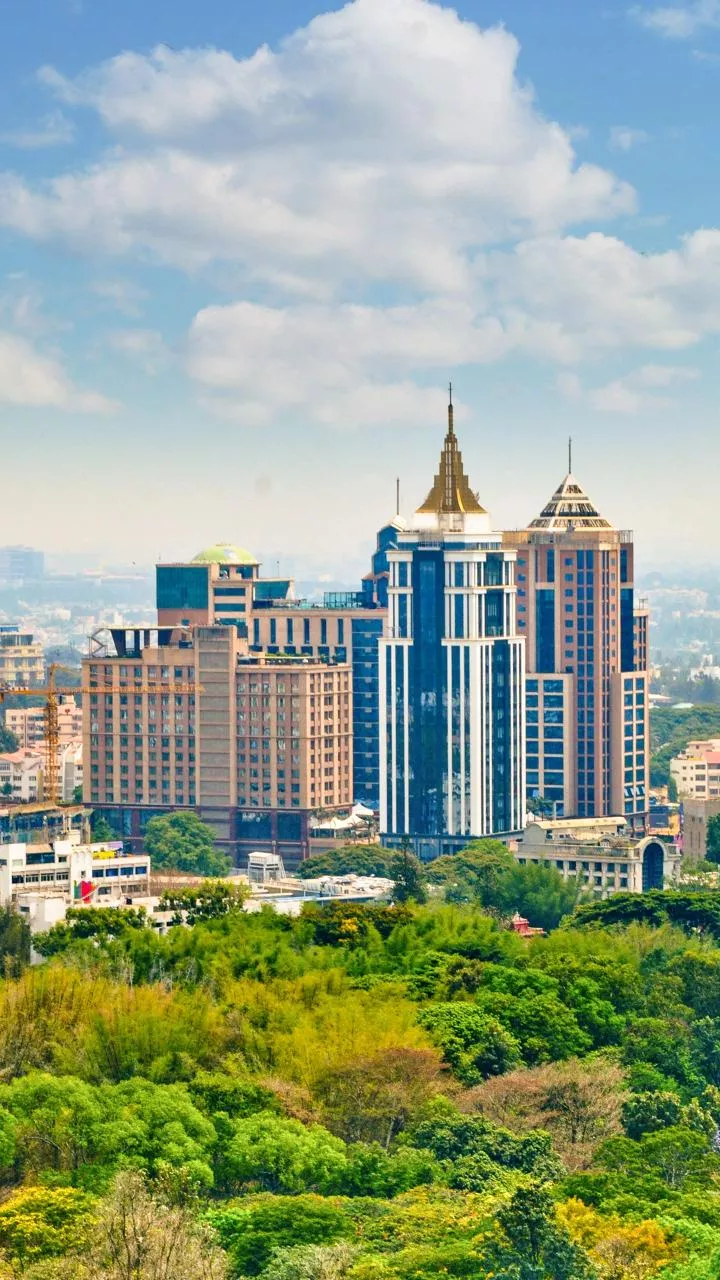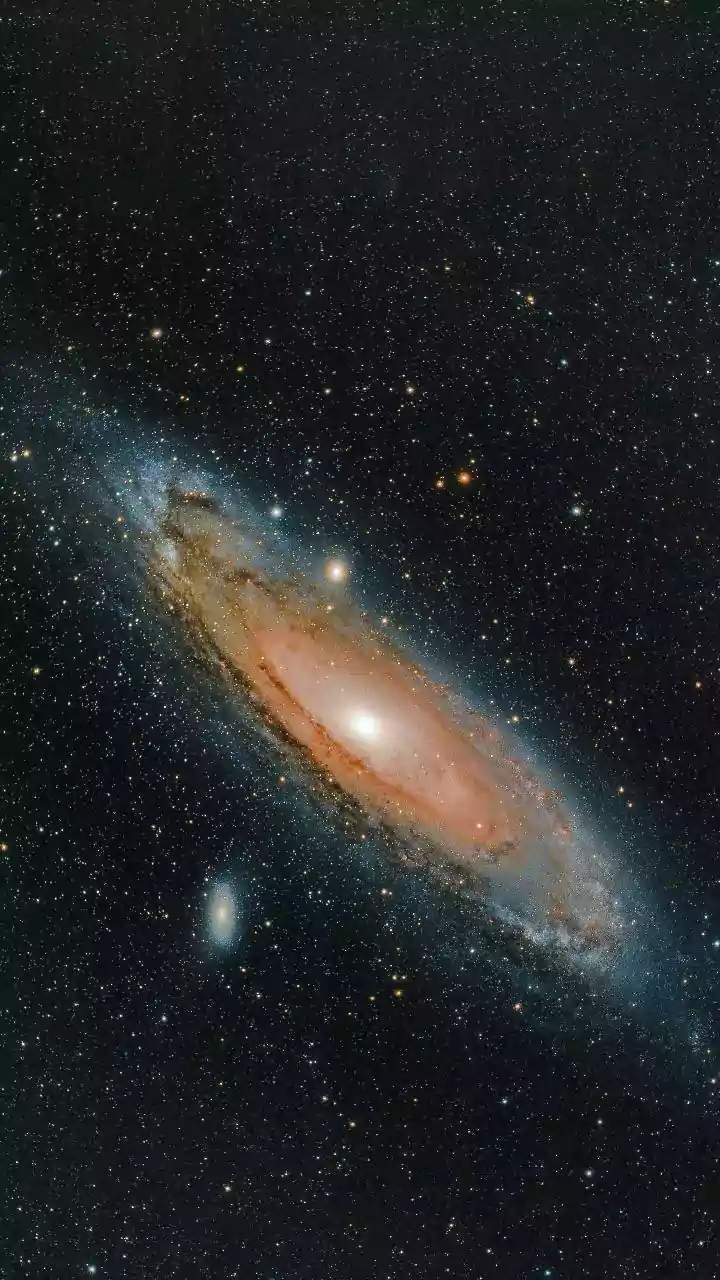With the air quality dipping into the “poor” category, authorities on Tuesday enforced Stage 1 of the Graded Response Action Plan (GRAP) across Delhi and the National Capital Region (NCR).
The Commission
for Air Quality Management (CAQM) decided to activate the first phase of anti-pollution measures after reviewing the worsening pollution levels.
According to CAQM, Delhi’s Air Quality Index (AQI) stood at 211 on Tuesday, classified as “poor”, and is expected to remain in the same category over the next few days.
Delhi Records First ‘Poor’ Air Day Since June
On Tuesday morning, Delhi’s AQI slipped to 201, marking the first instance of poor air quality since June 11, when the city last recorded an AQI of 245.
According to projections by the Early Warning System (EWS), Delhi’s air quality is “very likely to remain in the ‘poor’ category from October 14 to October 16.”
The forecast for the following six days suggests that pollution levels may fluctuate between the “poor” and “very poor” categories.
The Central Pollution Control Board (CPCB) recorded Delhi’s AQI at 169 (moderate) at 9 a.m. on Monday, which rose to 189 by 4 pm, up 22 points from Sunday’s 167.
Smog Season Returns After 124 Days Of Clean Air
Delhi had enjoyed 124 consecutive days of cleaner air, 77 days in the “satisfactory” range and 47 in the “moderate” range, since June 11, as per CPCB data.
However, with the monsoon retreating, temperatures falling, and the stubble burning season beginning, experts warn that the city’s annual smog cycle has officially begun.
CPCB categorises air quality as follows:
- Good (0–50)
- Satisfactory (51–100)
- Moderate (101–200)
- Poor (201–300)
- Very Poor (301–400)
- Severe (401–500)
What GRAP Stage 1 Means
Under Stage 1 of GRAP, several precautionary measures are enforced to prevent further deterioration of air quality. These include:
- A ban on construction and demolition activities generating visible dust.
- Strict controls on road dust and waste burning.
- Intensified mechanical sweeping and water sprinkling on roads.
- Enhanced checks on industrial emissions.
Authorities have urged residents to use public transport and avoid outdoor activities during early mornings and late evenings when pollution levels are typically highest.















